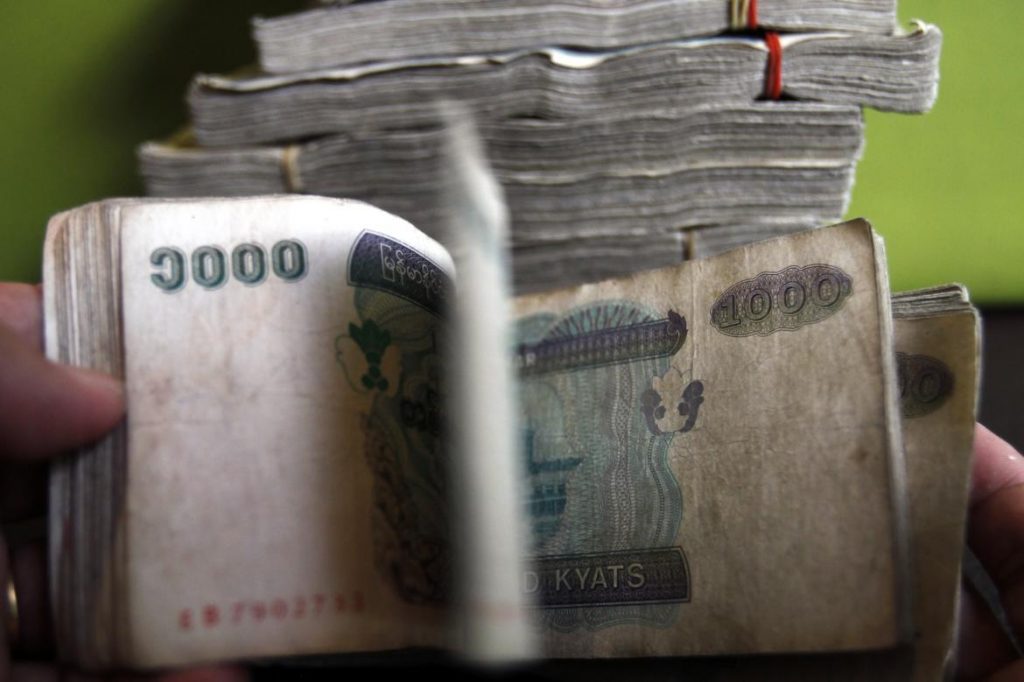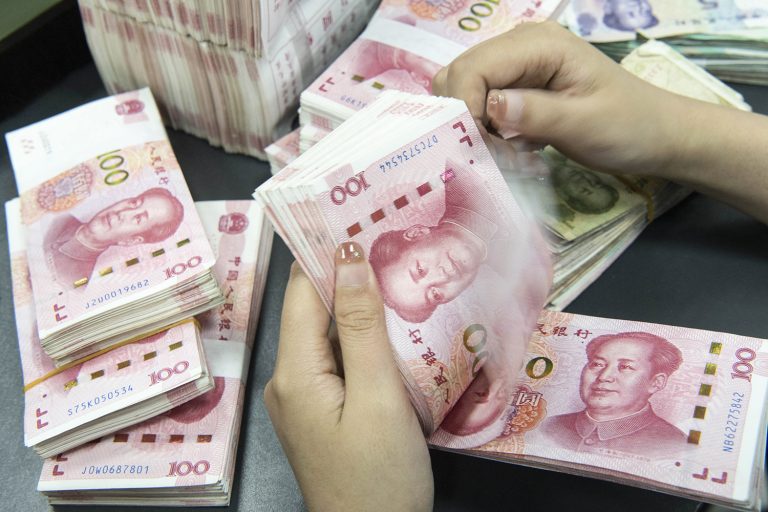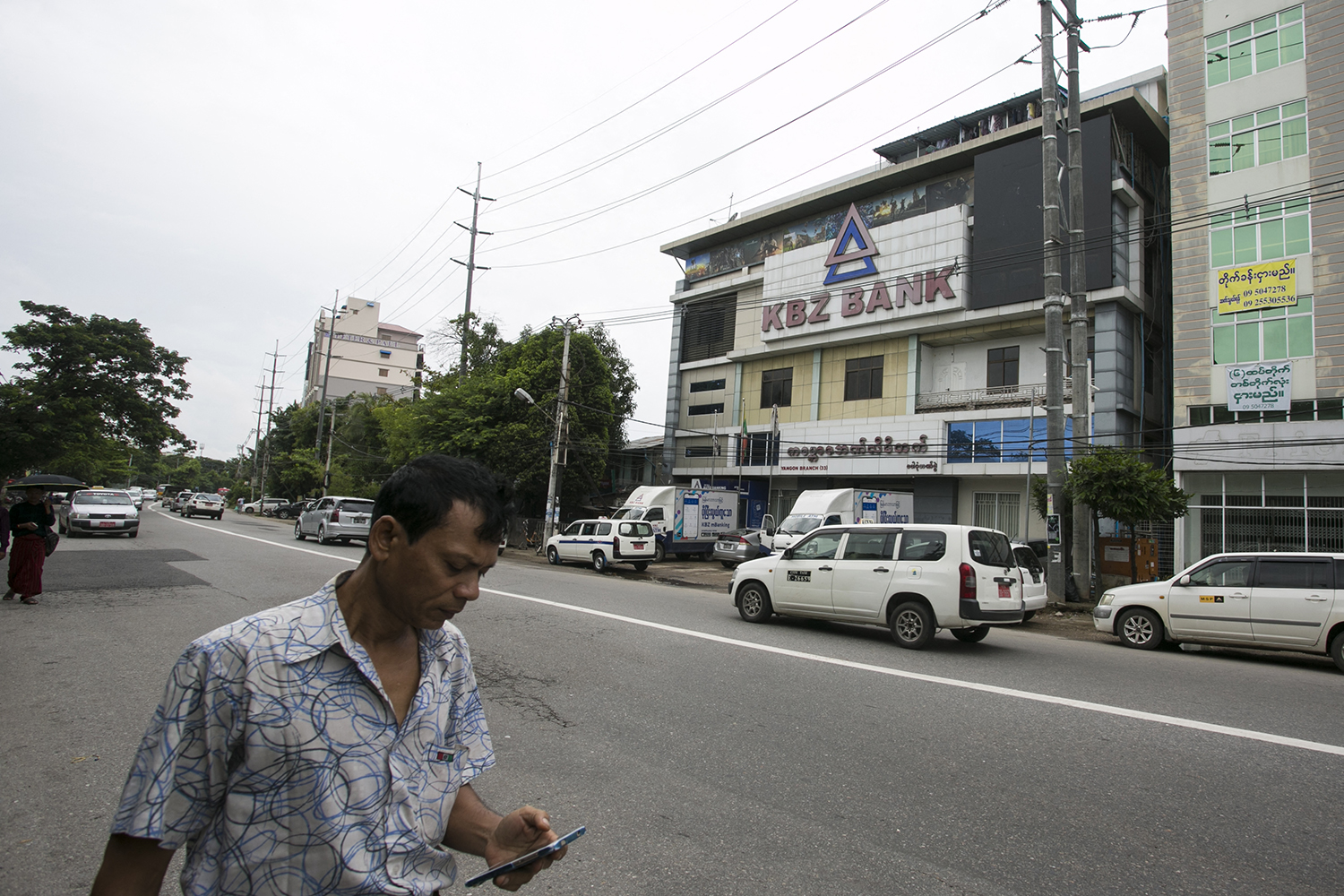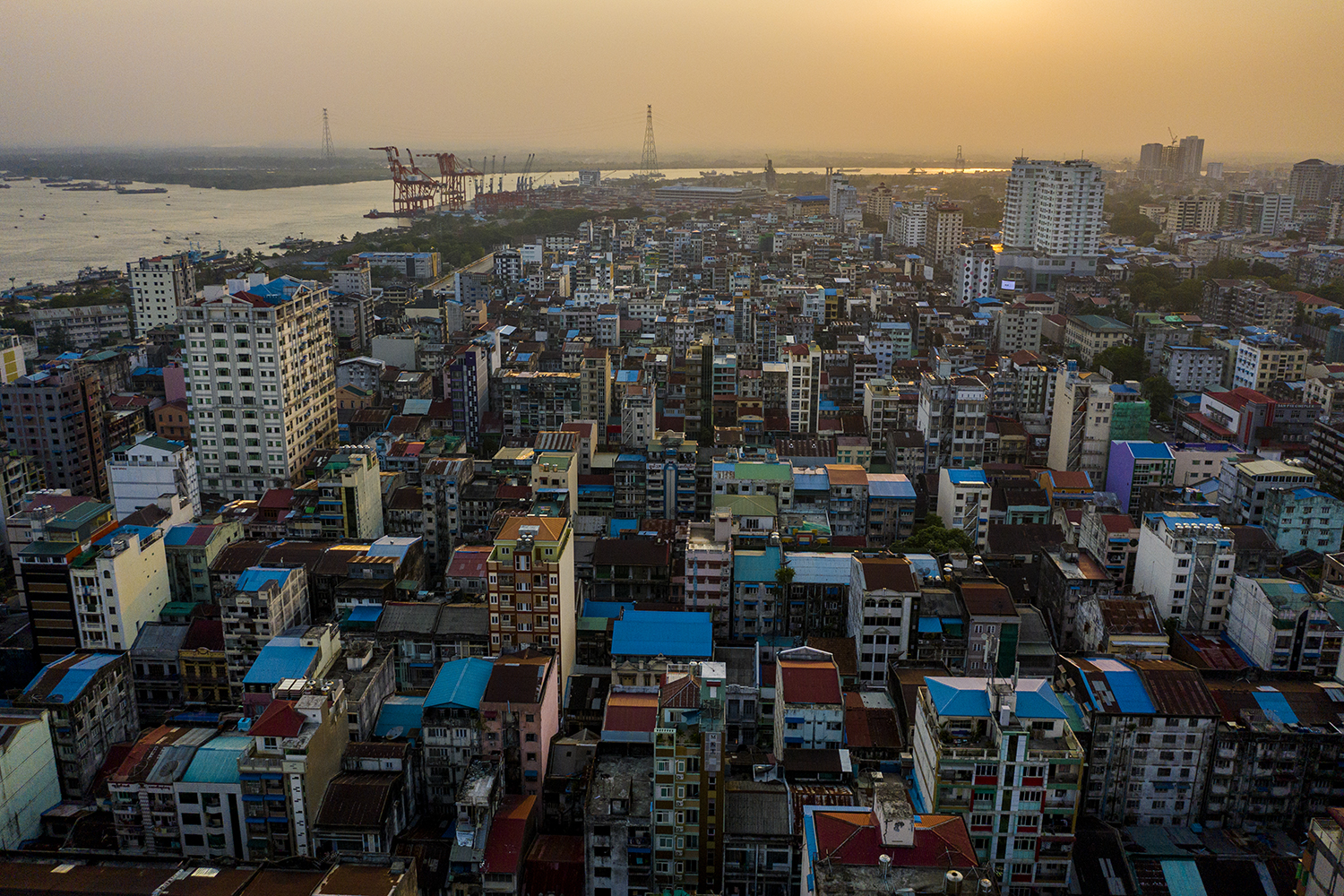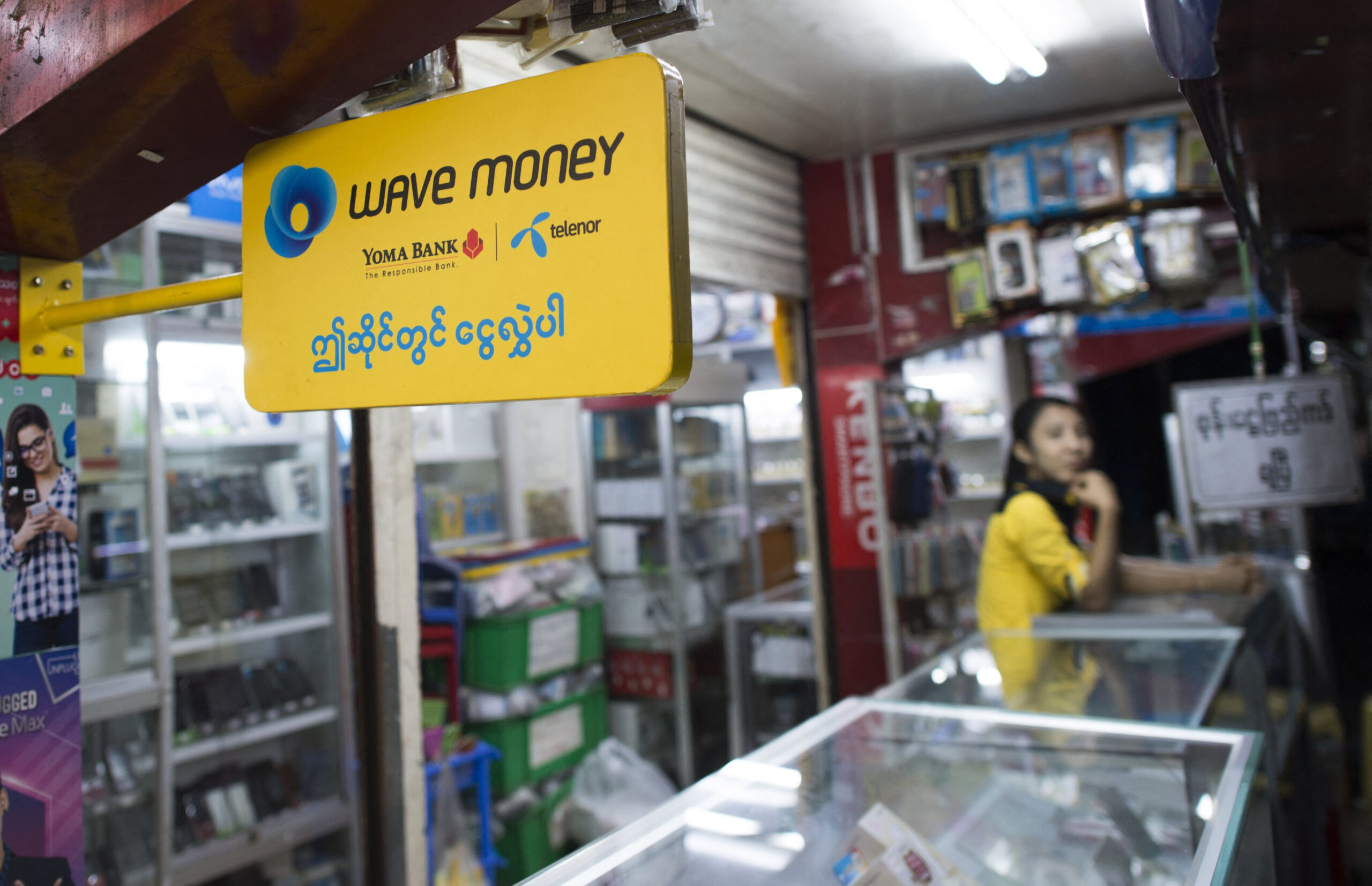The Central Bank of Myanmar’s self-destructive monetary policy offers little hope to Myanmar’s beleaguered citizens.
The government, through the Central Bank of Myanmar, issued a de-dollarisation decree on October 19. This self-destructive monetary policy offers little hope to Myanmar’s beleaguered citizens striving to avoid being caught up in what increasingly seems to be the destruction of the kyat.
Currency exchange issues are at heart quite simple. There are only four components to the kyat-dollar exchange, including 1) worldwide demand for dollars, 2) worldwide supply of dollars, 3) worldwide demand for kyats and 4) worldwide supply of kyats. The Myanmar government has no control over 1 and 2, some control over 3 and total control over 4. Therefore attention must turn to the supply and demand for kyats.
The government faces great difficulty affecting demand for kyats in the short run. It can only make conditions for using the kyat favourable and allow demand for the kyat to grow over time. Typically, favourable conditions for use would include growth-oriented fiscal policies and a currency that is stable in value, or at least stable in value on a relative basis with regard to major trading partner(s). The government is currently providing neither an improved climate for economic growth nor stable value that would encourage demand for kyat in the short or long run.
The government of Myanmar does have complete control over the supply of kyat. Taking the value of the dollar as a given that nothing can be done about, and offering a prescription that kyat-dollar stability is desirable to encourage trade and investment flows and domestic transactions, then a depreciating kyat means that supply is higher than demand.
In short, the rapid fall in the value of the kyat shows there are too many kyats in circulation. Because it was becoming costlier to hold kyats and difficult to price transactions for future settlement in a benchmark kyat that was declining in value, the economy was, in effect, dollarising. As the kyat declined in usefulness as a medium of exchange for pricing transactions, demand for kyats fell.
Support more independent journalism like this. Sign up to be a Frontier member.
The Myanmar people, at a grassroots level, have tried to solve this government-caused problem by increasing their use of US dollars. While it would be vastly better if the kyat was a reliable currency, this natural workaround preserves economic activity at a higher level than if all transactions had to be in kyats.
This dual currency situation also brings into play Gresham’s Law, which stated simply, is that bad currency drives good currency out of general circulation. The bad currency, kyats in this case, is spent quickly in order to avoid holding it as it loses value. The good currency, US dollars in this case, is sought after and hoarded as a reserve. It is not spent unless necessary and thus the local supply can dry up. This is particularly acute in Myanmar’s case, where capital controls have resulted in dollars being officially mispriced versus the real (i.e. black market) price.
The government’s recent proscription of dollar usage is an attempt to increase the demand for kyats through unnatural means in defiance of the laws of economics and supply and demand. This policy will do much damage as it treats only the symptom and not the disease of having too many kyats in circulation.
Proscriptive de-dollarisation will benefit Myanmar’s least neediest people. The larger companies (particularly those with foreign operations), the underground economy, the ones willing to cheat, corrupt officials that look the other way, the cronies who will get special dispensations, in short, the seamiest parts of the economy will not suffer, and in fact will benefit as their legitimate competitors suffer and their competitive advantage grows. Those hurt most will be the legitimate operators who try to follow the law, indigenous SMEs, and the individuals in the street forced to hold or be paid in kyat as it loses value.
In political terms, though, de-dollarisation will likely prove very useful in avoiding the real, and unpopular, work of limiting the supply of kyats through normal funding of a government operating at an affordable size and outright retirement of kyats as further needed to stabilise the exchange rate. Politically it also offers the significant opportunity to blame the results of the government’s bad policy on speculators, the black marketeers and shady deals.
But there is scant possibility that this new regulatory activity will solve the root problem. It only addresses the symptom and the disease will continue unchecked. What is needed is to reduce the supply of kyat. This would require the discipline to 1) address the fiscal deficit without kyat printing and 2) to take other steps to soak up and retire kyats through monetary means to control the exchange rate at the chosen level. Without these steps there can be no stability in the exchange rate which will continue to depreciate.
Can the Myanmar people expect relief from the incoming government? The National League for Democracy did not make many explicit policy statements so we are left to guess about its monetary policy. One of Daw Aung San Suu Kyi’s advisors wrote recently in Frontier that the weakening of the kyat would be desirable as mercantilist policy to improve exports. The usually sage, and ubiquitous, Dr Sean Turnell was quoted as saying: “The depreciation of the kyat would be unambiguously good for the Myanmar economy, helping make it more competitive.”
Whatever the rationalisation, this portends further kyat destruction as an explicit goal of the government. Look out below.


